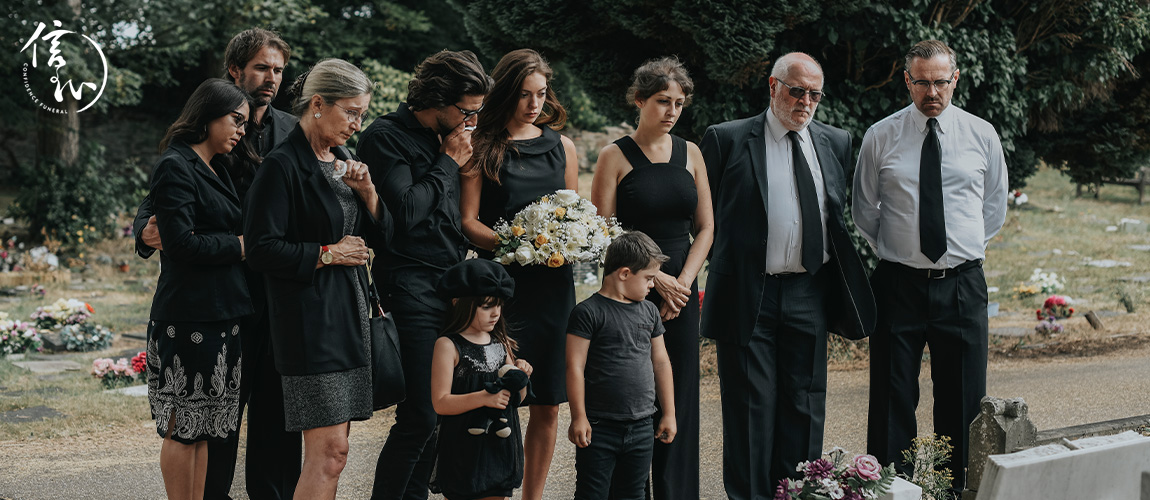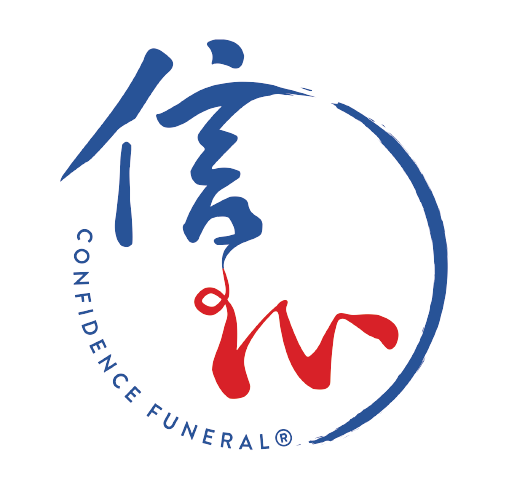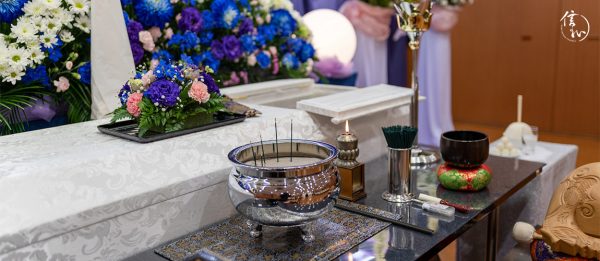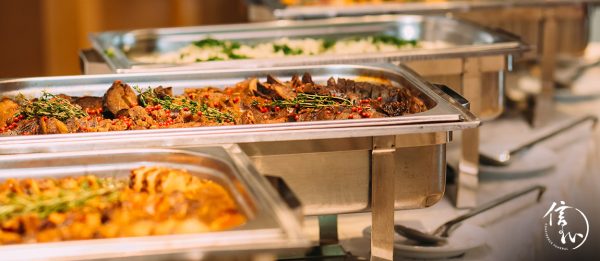
Funeral services in Singapore, albeit a sombre occasion, can also be fascinating to observe. This is largely due to the country’s multiracial and multireligious nature where different religions bid farewell to the dearly departed differently. On the other hand, you also have free thinker funeral services in Singapore that may slightly differ in their proceedings. These secular services celebrate the departed’s life, share memories, and offer support in a non-religious manner that reflects their beliefs and values. In this article, we will explore the various things to expect when attending or planning a non-religious funeral service.
Learn more: 4 Things To Consider When Deciding On A Funeral Parlour
Preparation of the Body

Regardless of religious affiliation, be it a Buddhist or a Christian funeral service in Singapore, the preparation of the deceased’s body remains an important aspect of funeral arrangements, including non-religious ones. This typically includes the following steps:
Embalming
This is the process of preserving the body, often through the use of chemicals, to prevent decomposition. However, embalming is not a requirement for non-religious funerals and is often considered optional. Many instead opt for natural or “green” burials as an alternative.
Cosmetic and Dressing
The deceased is dressed and prepared for viewing. In non-religious services, it is common to personalise this step. Loved ones may choose an attire that represents the deceased’s style or interests.
Casket or Urn Selection
Families may also select a casket or urn based on their preferences, often choosing one that reflects the deceased’s personality or interests.
Body Presentation
In non-religious funerals, an open casket viewing is sometimes preferred. This allows attendees to pay their final respects and find closure in their own way. For those who prefer cremation, urns with the deceased’s ashes may be displayed.
Funeral Procession

A key part of most funeral packages in Singapore is the procession to the burial site or crematorium. This often varies based on individual and religious preferences; however, there are also a few common elements:
Transport
The deceased is transported in a hearse to the chosen location. This could be a cemetery for burial or a crematorium for cremation.
Pallbearers
In non-religious funeral services in Singapore, close friends or family members may also serve as pallbearers to carry the casket. This can be a powerful way for loved ones to actively participate in the ceremony.
Eulogies and Tributes
In non-religious services, eulogies and tributes often play a central role. Friends and family members are encouraged to share personal stories, anecdotes, and memories about the deceased. These heartwarming and often humorous stories celebrate the life that was lived. This is also a common practice in Christian funeral services in Singapore.
Music and Readings
Music and readings are prominent in religious services—Christian services often play hymns, while a Buddhist funeral in Singapore tends to incorporate chants and reading from Buddhist scriptures. Non-religious funerals may include music that was meaningful to the deceased, as well as readings of secular poetry, literature, or even self-authored pieces. This personal touch adds depth to the ceremony.
Final Resting Place
The final resting place could be a burial plot, a niche in a columbarium, or the scattering of ashes in a location that was significant to the deceased.
Funeral Etiquette

Understanding funeral etiquette is equally important when attending a non-religious service despite having fewer customs to follow. Here are some considerations:
Attire
Dressing in dark and respectful clothing is customary, but non-religious services may sometimes encourage attendees to wear colourful clothing if it reflects the deceased’s personality and the celebratory nature of the occasion.
Arrival Time
It’s important to arrive at a funeral early so you’ll have sufficient time to pay respect to the deceased and offer support to the grieving family members.
Personal Tributes
Feel free to share personal tributes or stories if you are comfortable. These can provide comfort and support to the family whilst allowing them to witness the positive impact the deceased had made in the lives of others.
Silence and Reflection
Silence and moments of reflection are appropriate during the service, especially during eulogies or when paying respects at the casket or urn.
Offering Condolences
Expressing sympathy and offering condolences to the family is an important part of funeral etiquette.
Respect for Wishes
It is essential to respect the wishes and values of the deceased and their family, even if they differ from your own beliefs.
Here at Confidence Funeral, we offer a wide range of funeral packages in Singapore for various religions and practices. Regardless of preferences, our experienced funeral directors will be on board to guide you through the funeral arrangements from start to finish, providing you with all the support you need during this difficult time. For more information about our funeral packages and services, please contact us today.


